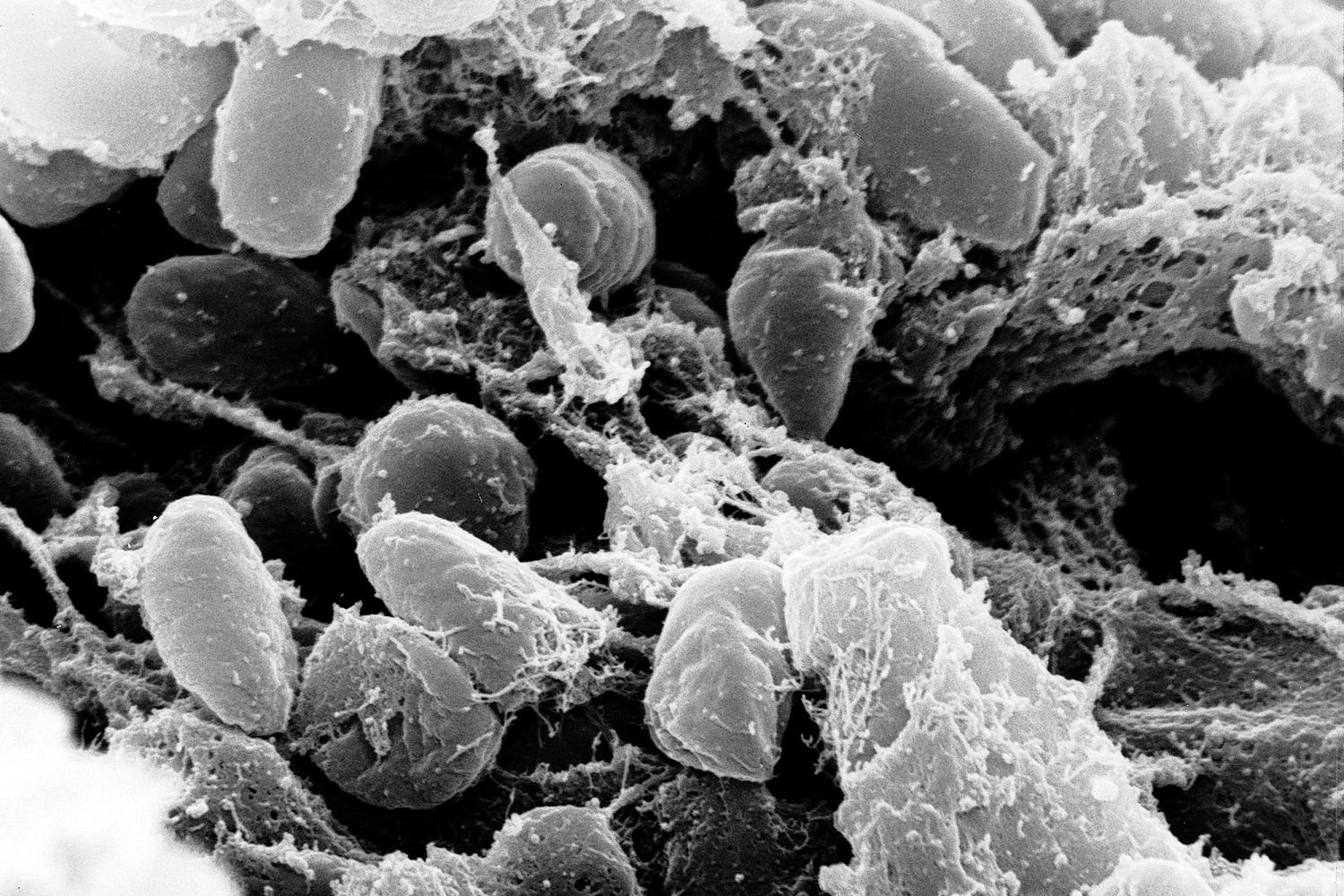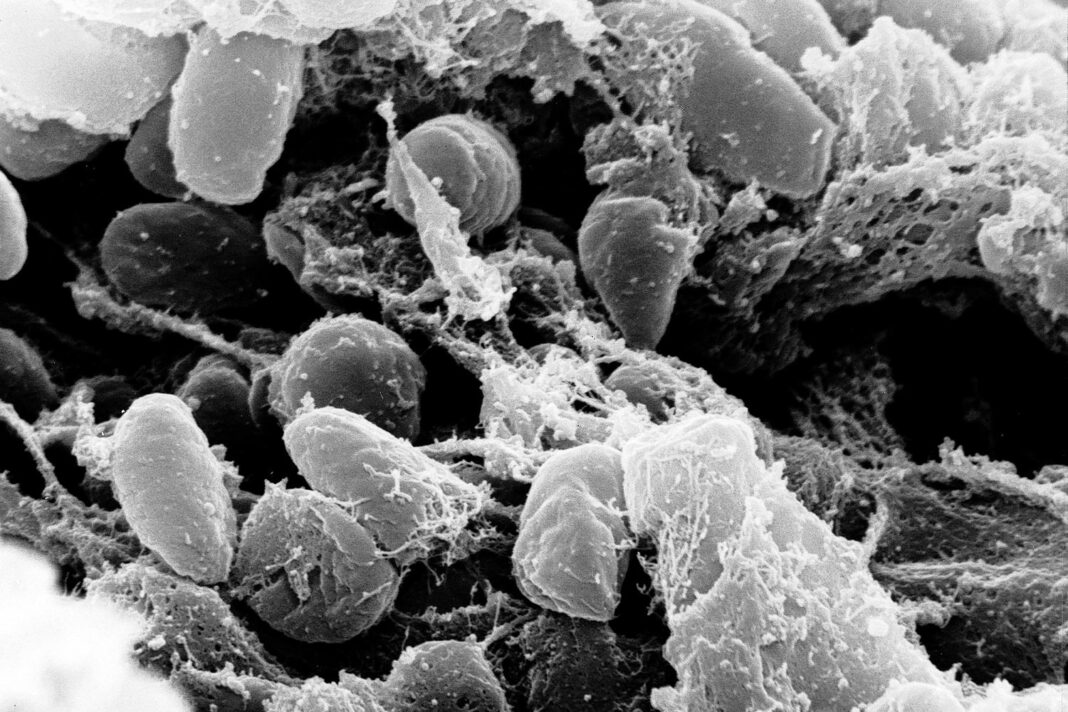
Health officials in California identified a positive case of plague in a Lake Tahoe resident.
El Dorado County officials said in a release that they have notified the California Department of Health that a resident from South Lake Tahoe has plague.
The person is recovering at home and is receiving medical care, the El Dorado County release said. No other information about the person or the person’s condition was released.
Officials believe the sick person was bitten by an infected flea while camping in the South Lake Tahoe area, the release said. Officials are investigating.
Plague is caused by bacteria that are most often transmitted via bites from fleas that were already carrying the bacteria after picking it up from squirrels, chipmunks and other rodents, according to health officials. Dogs and cats could also bring plague-infected fleas into homes.
Symptoms of plague usually include fever, nausea, weakness and swollen lymph nodes, and show up within two weeks of exposure. It can be treated effectively with antibiotics if it’s diagnosed early.
Public health officials in California monitor rodents in the area to determine if they carry plague, the release said. From 2021 to 2024, 41 rodents were found to have been exposed to the plague bacteria. Four additional rodents tested positive in 2025, all identified in the Tahoe Basin.
El Dorado County officials noted how rare human cases of plague are, with the last reported case in the South Lake Tahoe area in 2020. Prior to that, two people tested positive for plague in 2015 after exposure in Yosemite National Park.
“Plague is naturally present in many parts of California, including higher elevation areas of El Dorado County,” said Kyle Fliflet, El Dorado County’s Acting Director of Public Health. “It’s important that individuals take precautions for themselves and their pets when outdoors, especially while walking, hiking and or camping in areas where wild rodents are present.”
In order to prevent contracting plague, officials warned that people and pets should not touch squirrels, chipmunks or other wild rodents, especially those that are dead or injured. People should not camp near where dead rodents were observed and should wear long pants tucked into boots and spray bug repellant to reduce flea exposure.



